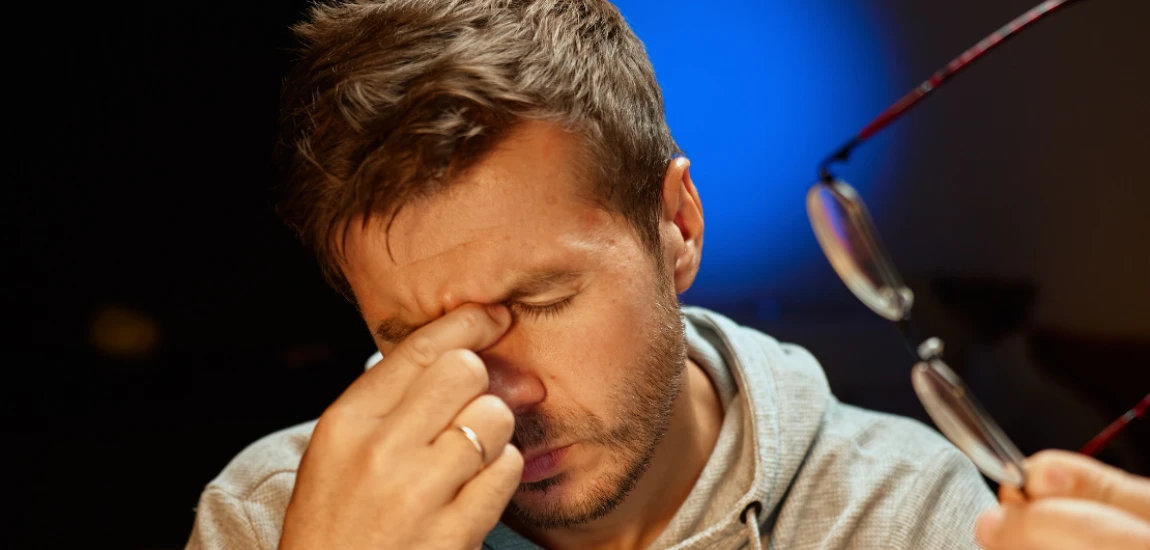Remake Fatigue: Are Game Studios Playing It Too Safe?

In recent years, video game shelves and digital storefronts have been flooded with remakes and remasters. From beloved classics like Final Fantasy VII Remake and Resident Evil 4 Remake to endless “HD remasters” of older franchises, it feels as though gaming has become caught in a cycle of looking backward rather than forward. This trend raises an important question: are game studios playing it too safe, and are players experiencing remake fatigue?
The gaming industry thrives on nostalgia, but leaning too heavily on past successes risks stagnation. While remakes can bring cherished titles to new audiences, they also spark debates about originality, creativity, and the future of the medium. In this blog, we’ll explore the rise of remake culture, the pros and cons of remaking games, the psychology of nostalgia, and whether the industry is truly running out of fresh ideas—or simply responding to market demand.
The Rise of the Video Game Remake

A Growing Trend
Remakes and remasters have become a cornerstone of modern gaming. Developers are not just re-releasing old titles; they’re rebuilding them with updated graphics, modern controls, and sometimes expanded storylines. These projects appeal to both veteran gamers seeking nostalgia and newcomers curious about iconic franchises.
Industry Motivation
For studios, the incentive is clear: remakes carry lower risks than original IPs. The storylines and gameplay mechanics are already proven, and the fanbase is established. In an industry where development costs can soar into the hundreds of millions, a remake offers financial stability.
Technology Driving Change
Advances in gaming technology also fuel the remake boom. The leap from early 3D graphics to photorealistic visuals creates opportunities to reintroduce classics in ways that weren’t possible decades ago. Developers argue that they’re not just cashing in but reimagining games for a new era of players.
Why Nostalgia Sells in Gaming

Emotional Attachment
Nostalgia is one of the strongest drivers of remake sales. Gamers form deep emotional bonds with the games they grew up with, associating them with childhood memories, friendships, or specific moments in their lives. Revisiting these titles allows players to relive those feelings.
Marketing Power
From a business perspective, nostalgia is easy to market. Trailers for remakes often lean heavily on iconic music, familiar characters, and recognizable settings, instantly triggering excitement among fans. This emotional pull reduces the risk of a remake failing commercially.
Expanding Generational Appeal
Remakes bridge the gap between generations. Parents who played the original Pokémon Red and Blue now share modern remakes like Pokémon Let’s Go with their children. This creates a multi-generational consumer base and ensures that classic franchises remain culturally relevant.
The Benefits of Remaking Games

Preserving Gaming History
Unlike film or literature, many older games are inaccessible due to outdated hardware or licensing restrictions. Remakes and remasters preserve these titles, ensuring they don’t fade into obscurity. They also give players who missed the originals a chance to experience them.
Quality-of-Life Improvements
Modern remakes often fix the flaws of the original. Improved save systems, smoother controls, and accessibility options make classic games more enjoyable for today’s audiences. Titles like Demon’s Souls (PS5) highlight how modern design can enhance older mechanics without losing the spirit of the original.
Expanding the Narrative
Some remakes go beyond preservation, expanding the story or reinterpreting it. Final Fantasy VII Remake, for example, reimagined not only the graphics but also the plot, adding new layers to characters and themes. This allows developers to honor the original while pushing creative boundaries.
The Downsides of Remake Culture

Stifling Innovation
One of the biggest criticisms of remake culture is that it sidelines new ideas. When studios allocate resources to revisiting the past, they risk neglecting fresh IPs that could push gaming forward. Players may wonder if creativity is being sacrificed for guaranteed profits.
Risk of Oversaturation
Too many remakes can lead to fatigue. When every other announcement feels like a remake or remaster, excitement wanes. The novelty that once surrounded these projects wears thin, and gamers begin to crave something truly original.
Not All Remakes Are Equal
Some remakes feel rushed or unnecessary, offering minimal improvements while charging premium prices. These “cash grabs” tarnish the reputation of remake culture, leaving players skeptical of future projects. Poorly executed remakes can even damage the legacy of the original game.
The Psychology of Remake Fatigue

Diminishing Returns
Just like with movie reboots, the thrill of a remake can diminish when the market becomes saturated. Players may initially feel excitement, but if every major release is a reimagined title, the industry risks becoming predictable.
Nostalgia vs. Expectation
While nostalgia drives initial interest, remakes face the challenge of living up to heightened expectations. Fans often hold the original in near-mythical regard, making it difficult for any remake to fully satisfy. When expectations aren’t met, disappointment fuels fatigue.
The Desire for Fresh Experiences
Ultimately, gamers play for discovery and immersion. While revisiting classics is enjoyable, the human brain craves novelty. Without a steady stream of innovative titles, remake fatigue sets in, leaving players feeling stuck in a loop of repetition.
Are Game Studios Playing It Too Safe?

Financial Pressures
The gaming industry has become one of the most expensive creative markets, with blockbuster titles costing as much as major Hollywood films. Given the financial risks, studios often prefer the safer bet of remakes over untested IPs.
Creative Limitations
When profit margins dominate decision-making, creative risks shrink. Talented developers may find themselves constrained by corporate directives to focus on remakes rather than experimenting with bold new concepts. This tension fuels debates about whether gaming has become too cautious.
Counterexamples of Innovation
It’s important to note that not all studios shy away from originality. Indie developers, in particular, continue to push boundaries with experimental storytelling, mechanics, and aesthetics. Even major studios occasionally launch groundbreaking new IPs, reminding players that innovation isn’t dead—it’s just competing with remake culture.
The Future of Remakes and Original Gaming

Striking a Balance
The future likely lies in balance. Remakes can preserve history and satisfy nostalgia, but they must coexist with bold, original games that push the industry forward. A healthy mix ensures that players enjoy both familiar comforts and fresh adventures.
The Role of Technology
As technology advances, remakes may become more immersive and transformative, blurring the line between old and new. Virtual reality, AI-driven design, and interactive storytelling could redefine what it means to remake a game.
What Gamers Want
Ultimately, the fate of remake culture depends on player demand. If audiences support innovative titles as strongly as they do remakes, studios will be more willing to take risks. Gamers hold the power to shape the industry by voting with their wallets and voices.




